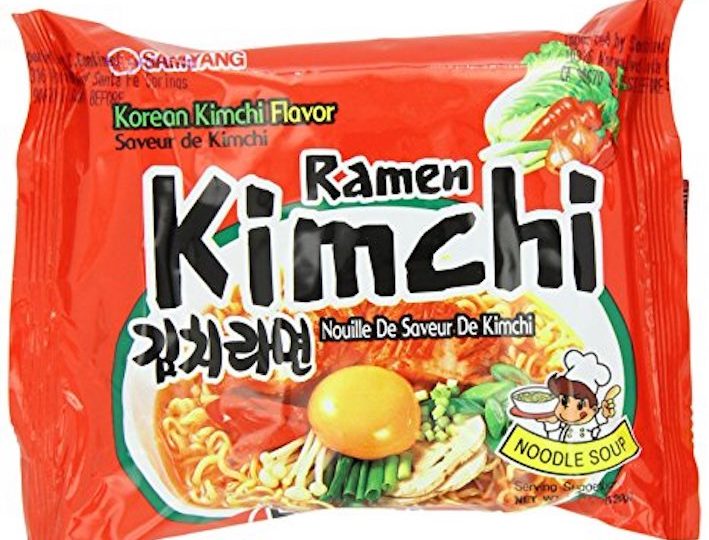A swine scandal has hit the Indonesian instant noodle industry after four brands from South Korea were deemed to contain traces of pork, which is pretty problematic for any foodstuffs sold in the Muslim majority country.
Indonesia’s Food and Drugs Monitoring Agency (BPOM) announced over the weekend that they pulled the permits of U-Dong and Kimchi flavored instant noodles by Samyang, Shin Tamyun Ramen Black by Nongshim, and Yeul Ramen by Ottogi. All four were popular imported instant noodles in Indonesia, and all were imported by a local company called PT Koin Bumi.
According to BPOM spokeswoman Ria Anggraini, a recent test of samples of the four products “… showed that we positively detected fragments of pig DNA,” as quoted by BBC Indonesia yesterday.
Pork is not actually illegal for sale or consumption in Indonesia, but all products that contain pork must have a clear label on them notifying customers of that fact. In the case of the four instant noodles, BPOM said that they didn’t slap a ‘contains pork’ sticker on the packaging.
As a result, BPOM has pulled the products’ permits and have instructed PT Koin Bumi to pull the pig-DNA-containing instant noodles off the shelves.
PT Koin Bumi has not made a public statement on the matter. It’s also not clear why BPOM immediately ordered their permits to be pulled instead of simply making the company place pork stickers on their instant noodles.
The Indonesian Ulema Council (MUI), the highest Islamic scholar authority in the country and the organization largely responsible for issuing halal certification for products, confirmed that the four instant noodles never applied for halal certification in Indonesia.
It’s a shame for fans of the now-banned noodles, but since Indonesia is lucky enough to be the land of Indomie (not a paid endorsement – it’s just a well known fact that Indomie, which frequently feature in lists of world’s best ramens, dominates the Indonesian ramen industry), there are still plenty of other options out there. But this incident is likely to increase Indonesian consumer paranoia about non-halal products which is already fueled by frequent hoaxes shared on social media.




